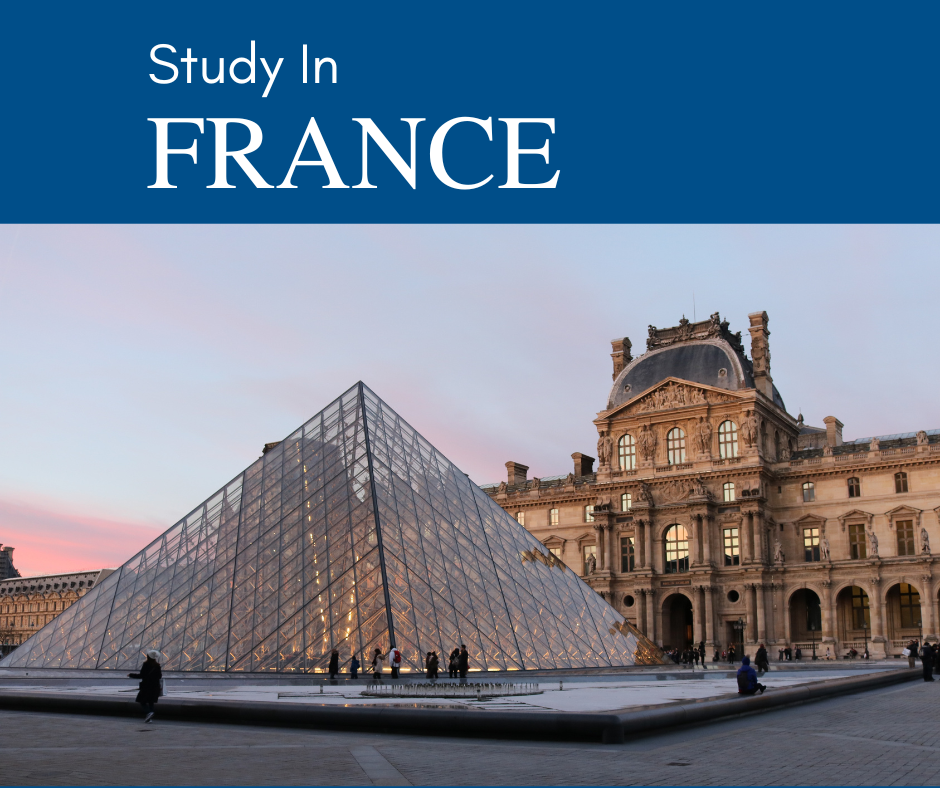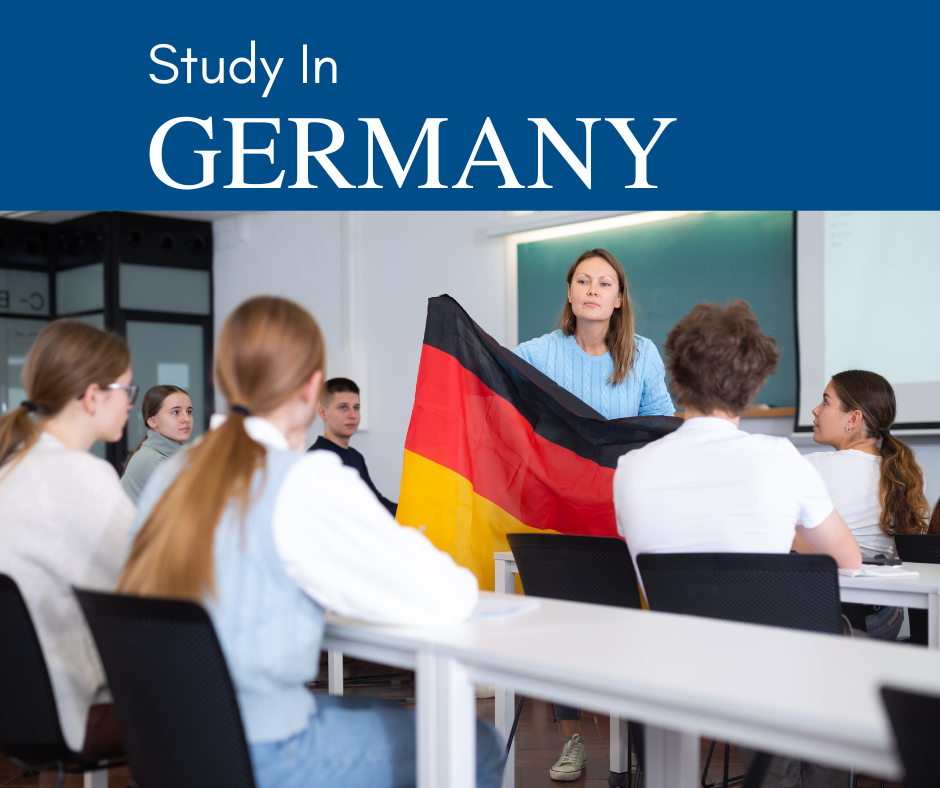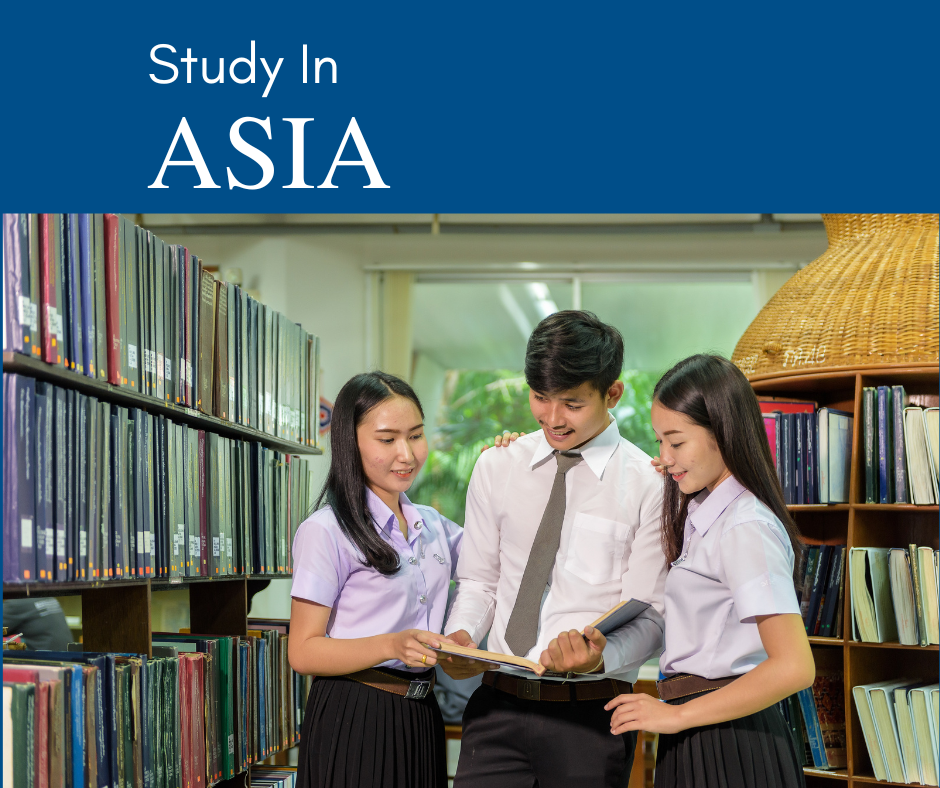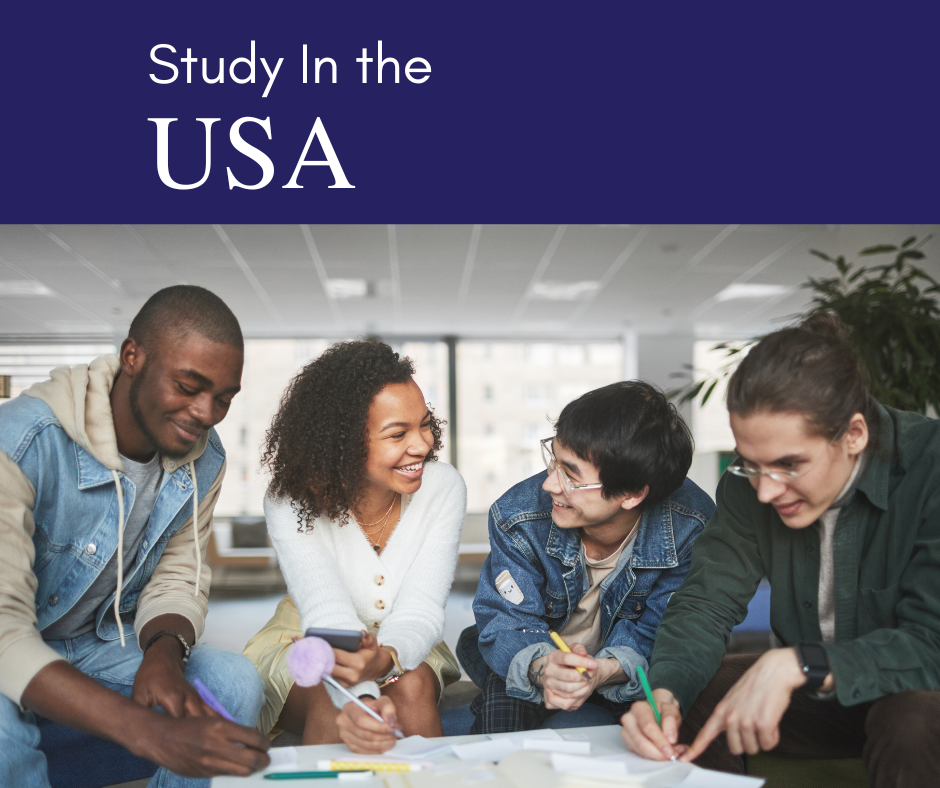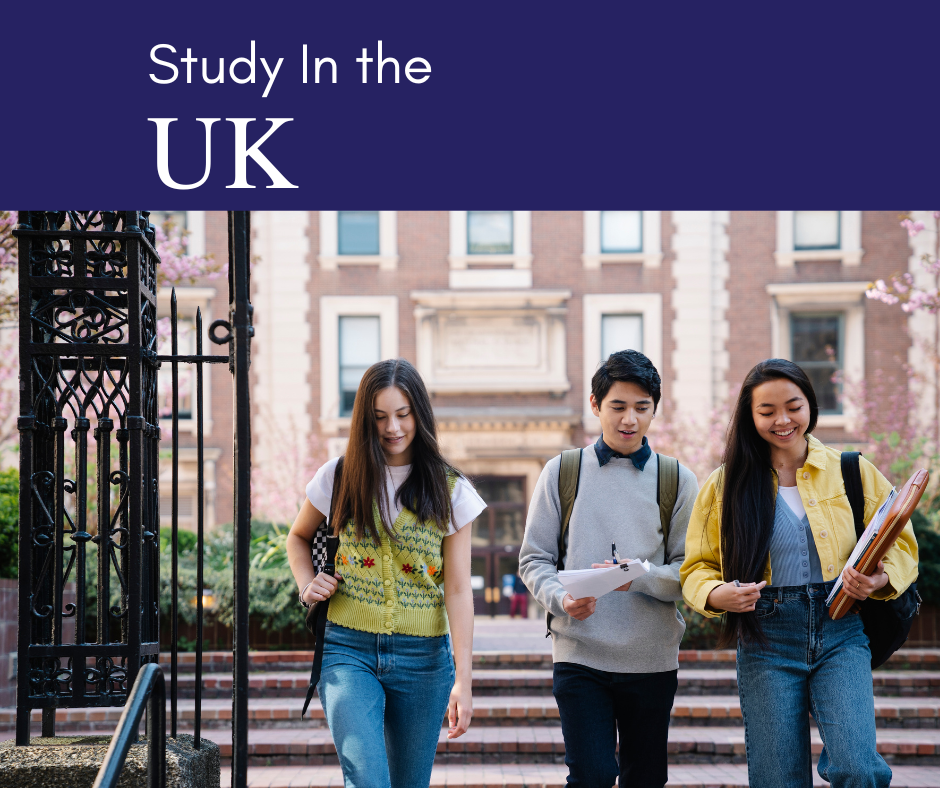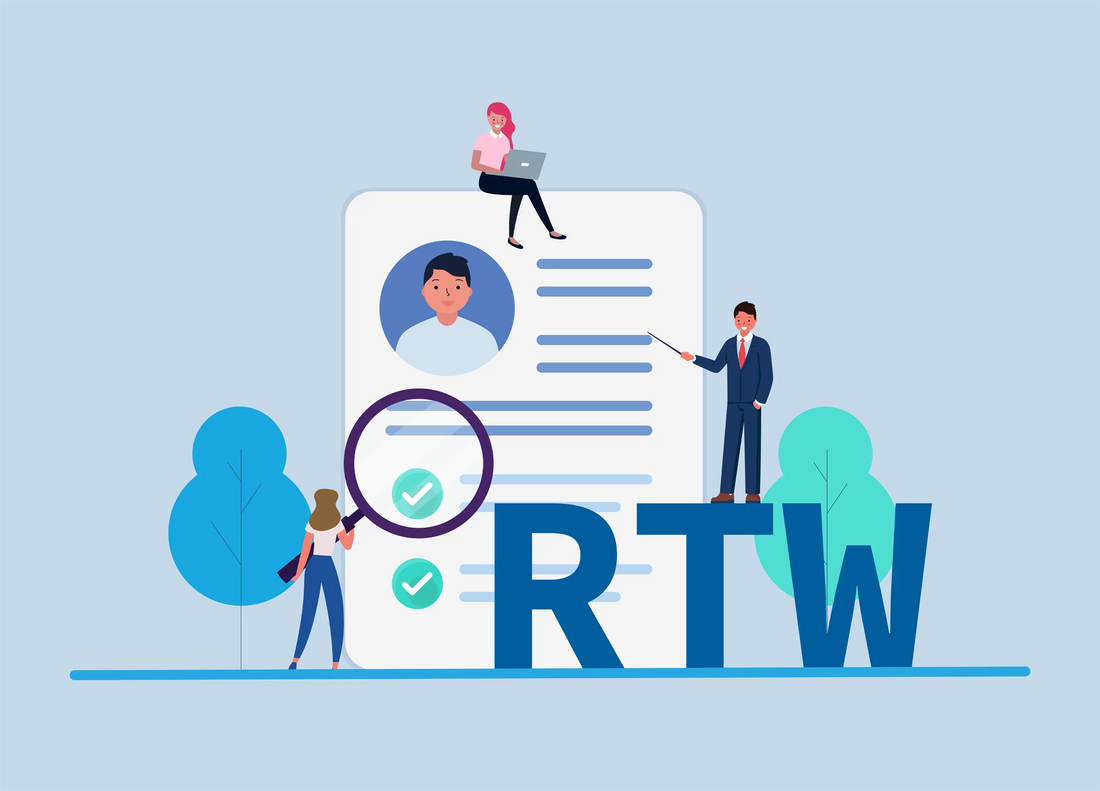
Visa and Work Rights: The Hidden Driver of MBA ROI in 2025
Share
Why visas matter as much as rankings
For international students, an MBA is a six-figure investment. But the ability to stay and work after graduation often determines whether the ROI is positive or negative. According to the Graduate Management Admission Council (GMAC) 2024 survey, 68% of international MBA applicants ranked post-study work rights as a “very important” factor in school selection—ahead of rankings or faculty reputation.
Post-study work rights by country (2025 snapshot)
| Country | Post-MBA Work Rights (2025) | Duration | ROI Implications |
|---|---|---|---|
| United States | OPT (1 year) + STEM OPT (2 years) → H-1B lottery | 1–3 years, then lottery-dependent | High salaries but long payback risk; visa denial can erase ROI. |
| United Kingdom | Graduate Route visa | 2 years (3 for PhDs) | Stable but short; ROI limited if students cannot transition to Skilled Worker visa. |
| Canada | Post-Graduation Work Permit (PGWP) | 3 years | Affordable MBAs + clear PR pathway → one of the strongest ROI models. |
| Germany | 18-month Job Search Visa + EU Blue Card | 1.5 years search + long-term residency | Moderate salaries but quick ROI due to low tuition + strong PR pathway. |
| Singapore | Employment Pass (sponsor-dependent) | 1–2 years, renewable | Strong salaries in finance/tech hubs; PR possible but competitive. |
| Middle East (Dubai, Qatar) | Employer-sponsored visas | Duration tied to employment | Tax-free salaries yield fast ROI, but mobility restricted to region. |
The U.S. dilemma: prestige vs. risk
- U.S. MBAs (Harvard, Wharton, Stanford) remain prestige leaders with the highest salaries.
- But H-1B lottery uncertainty creates ROI volatility: one visa denial can derail payback by years.
- Recent policy changes, such as the proposed $100,000 H-1B fee, further increase financial risk for international graduates.
Canada and Germany: ROI through stability
- Canada’s PGWP + PR pathway: International MBAs can work up to 3 years post-graduation, with many transitioning to permanent residency. This stability makes even mid-tier Canadian MBAs highly attractive.
- Germany’s EU Blue Card system: Lower tuition fees and predictable pathways to residency offset lower initial salaries. Payback is faster than in the U.S. because costs are lower and work rights are secure.
UK and Singapore: middle ground
- UK Graduate Route: Provides a 2-year window, but students often face pressure to secure Skilled Worker sponsorship quickly. ROI depends on transitioning within this timeframe.
- Singapore: High ROI potential due to strong tech and finance sectors, but employer sponsorship is crucial and PR options remain competitive.
Why this matters for ROI
ROI is not a simple cost vs. salary equation. Immigration determines whether graduates can:
- Access the local job market to leverage their new skills.
- Stay long enough to pay back loans.
- Secure residency or PR, enabling long-term career building.
Without these factors, even the best-ranked MBA can become a poor investment for international students.
Pitfalls to avoid
- Ignoring visa policies in school selection. A high-ranked MBA is worthless if graduates cannot legally work long enough to pay back costs.
- Underestimating visa costs. Legal fees, applications, and renewals can add $5,000–$15,000.
- Relying on employer sponsorship alone. Without independent work rights, ROI depends entirely on employer willingness.
Conclusion
In 2025, the hidden driver of MBA ROI is not just salary—it’s visa stability. Students choosing between the U.S., UK, Canada, Europe, or Asia must weigh immigration pathways as heavily as rankings and tuition fees.
The best ROI is not always where the highest salary sits. Increasingly, Canada and Germany show that predictability and work rights outweigh prestige and volatility.
For international MBAs, the smartest investment is a program that combines career outcomes with a secure legal path to stay and work—because ROI only matters if you’re allowed to earn it.


